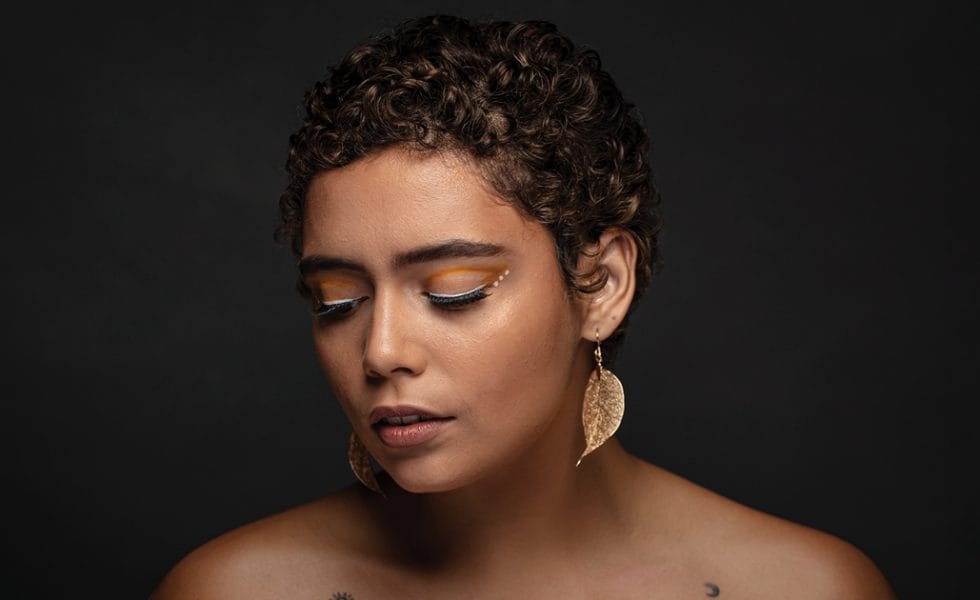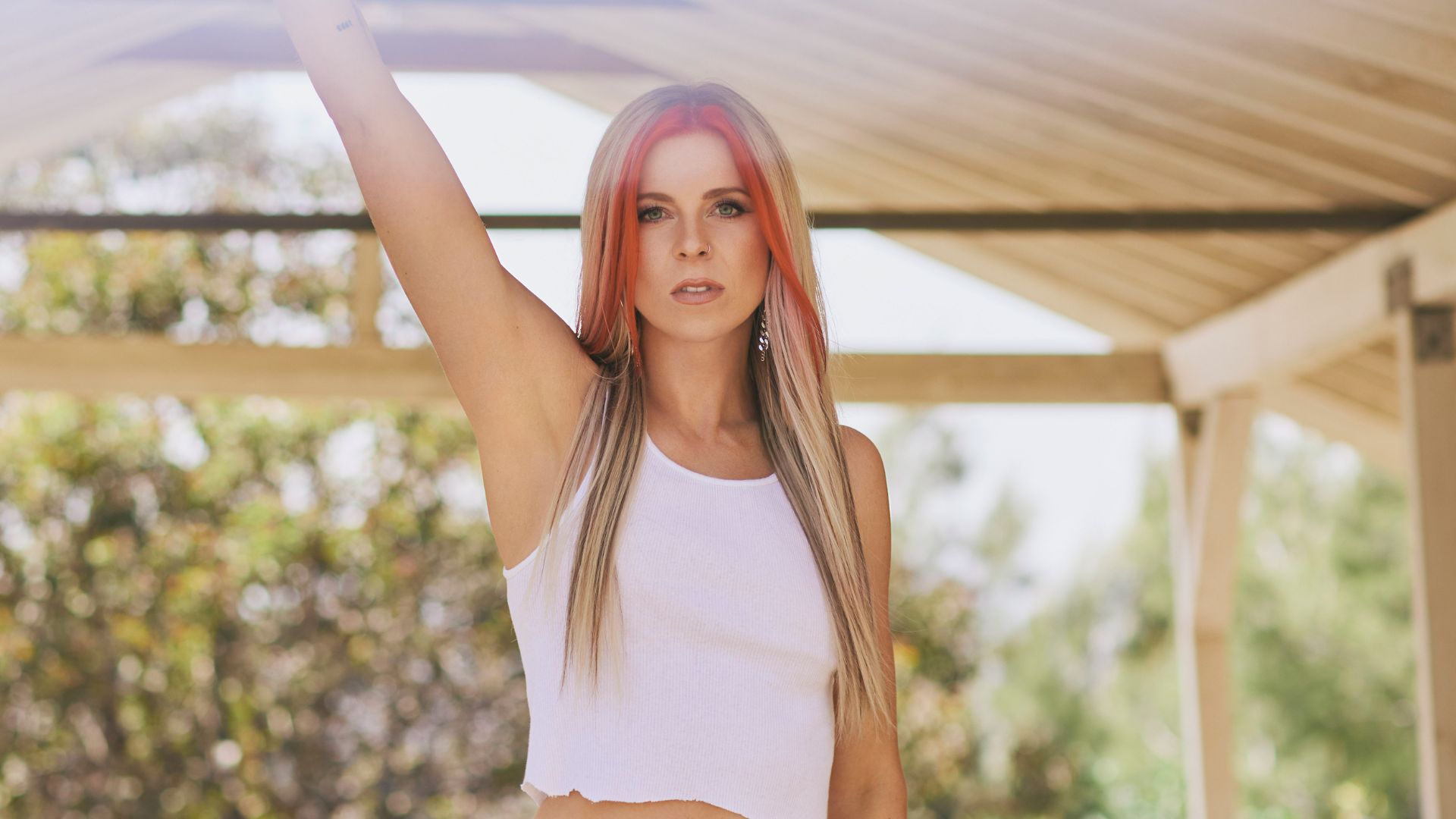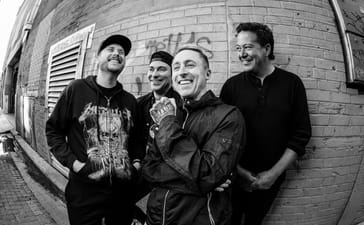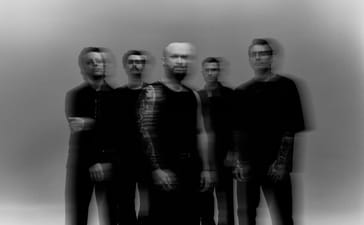If you’ve been paying attention to Australian music recently, you would have heard the name Kee’ahn at least once or twice. The musician’s title, which originates from the Wik people of Cape York and means “to dance, to sing, to play”, embodies her intentions with her songs completely, as she offers up her talent to angle in some light in the darkness. Describing her music as “dreamy soul food”, her energy continues to spread like wildfire across the scene, from the fanfare response to her debut single ‘Better Things’ to her collaboration with Dallas Woods on triple j’s Like A Version. As she gears up for her performances over the coming months, including taking part in the Singular Voices series at Sydney’s City Recital Hall for Vivid Sydney, we caught up with the songstress herself.
Did you make the decision to release your debut single during the pandemic, or was it planned before that all went down?
I had the thought of like, “I still want to put it out.” It was just me back then, and I didn’t really know how to put it out the best way, but I just knew I was ready and I got a good team behind me last minute. It got a lot of traction and people were messaging me saying how much they needed it at the time and how it was encouraging them to look after them. So, I’m glad that I put it out this way. It would have been cool to be able to tour it, but coming out of COVID, being able to connect with the audience that supported me in lockdown…It’s been for the best.
You had a great year last year despite everything – you did Like A Version as well. How did that come about?
Yeah, that was so wild. It was such an incredible experience. Dallas Woods is just a friend that I met in the music scene down here, and we talked about collaborating on a song and then it was like him, his team, saying that they got the opportunity to put out his next record, his next single and that they were doing Like A Version at the same time. And I was like, “Oh my gosh, I’d love to be involved.” It was just such a dream, like the best experience, to do a Like A Version and a feature. It was incredible.
Do you have any plans for an EP or a full-length album?
We’re working on it at the moment. I’ve got a bunch of songs that I’ve been gigging and we’d love to record and let everyone – like the people that have been supporting me that haven’t been able to see me live – I want them to hear it finally.
You’re a First Nations woman, and sometimes we get feedback that the media can be overzealous in using that term. How much do you want that categorisation to play into how you present yourself as an artist?
That’s such a good question. I think I’ve always been changing my mind about it, because I feel like there’s so much that I love representing in my connection with my culture, but it’s also, I don’t want to be boxed into just being this First Nations artist that only makes music for First Nations people. That’s not the case. My music, and the music of other First Nations artists, is for everyone. We want everyone to listen. So I think it is a facet of my identity and plays such a huge part in who I am in music, but it’s not everything as well. It’s the same with being a woman, like they’re just facets, but I would never want someone to be like, “She’s my favourite female artist”. It’s like, no, I’m just an artist, and you like my music, and that’s it. My whole name and the reason that I play music is intertwined with my culture, but it’s also about that sense of self and wanting to connect and express.
Your music does have this strong vibe of positivity, of expressing yourself in a very honest way. Where does that come from for you?
Being someone that has anxiety and depression, I understand the importance of being grateful, to be able to connect while being grateful for where I come from and where I am at the moment. So I’d love to just share that feeling that I feel onstage and just connect with my audience that way, but like not in a toxic positivity way, more like understanding both sides of how I feel sometimes. And that’s why in the set, I do start with the heartbreak and the stuff that was hard for me. And then, you know, trying to flip it. Trying to heal from it and trying to learn.
Has music been the primary thing that helped you get through that?
Definitely music and therapy, but music plays such a big role. I grew up so shy, I wouldn’t talk to people, but I’d love jumping on stage and just singing my heart out. So to be able to do that as a career and to see myself grow so much with music, it’s been super empowering.
Kee’ahn with Babitha
Saturday 21st August
City Recital Hall, Sydney
Tickets: City Recital Hall







